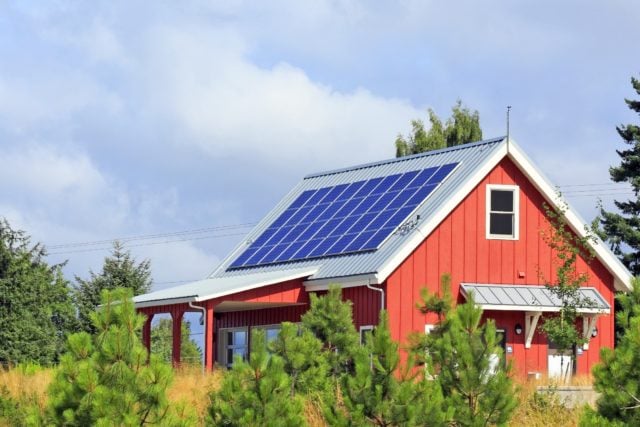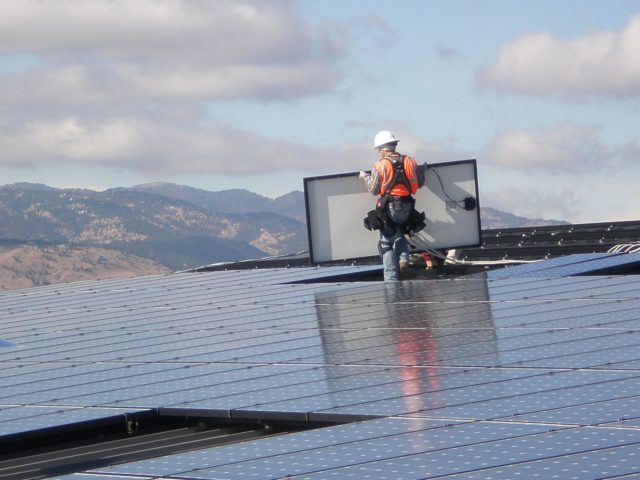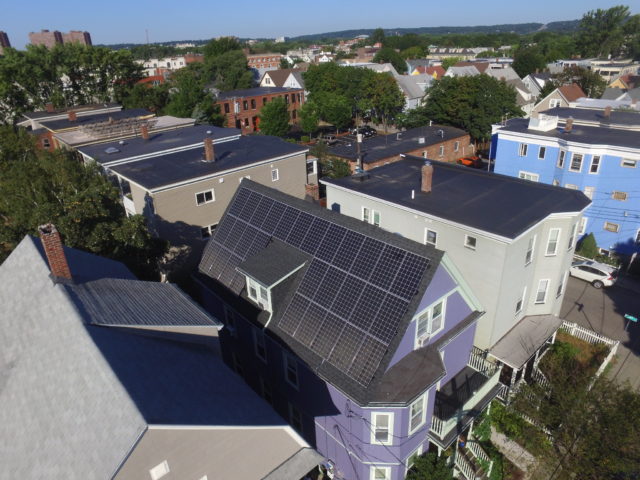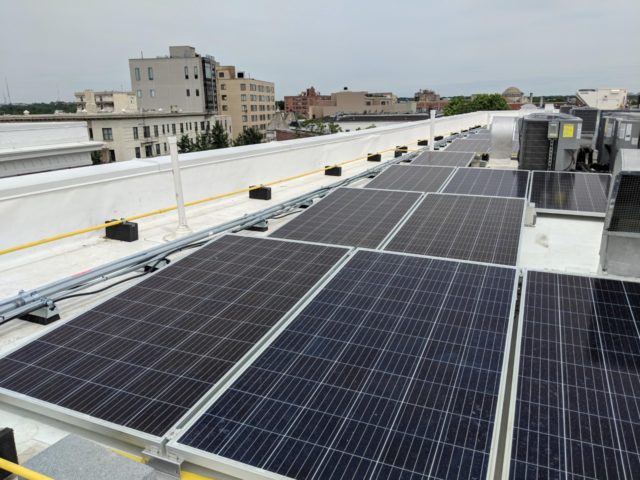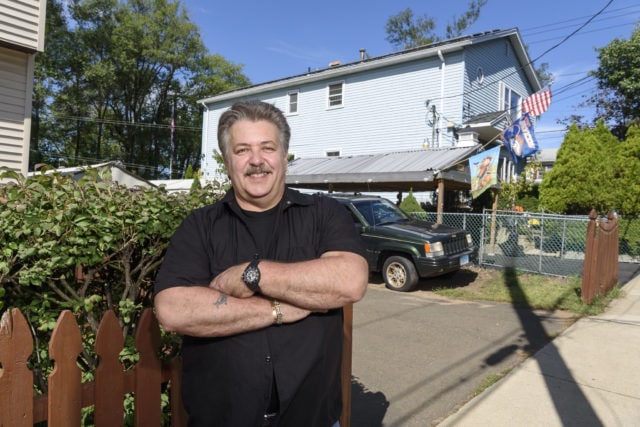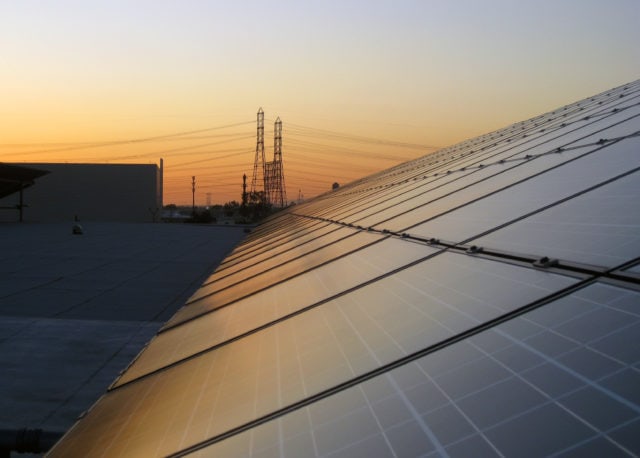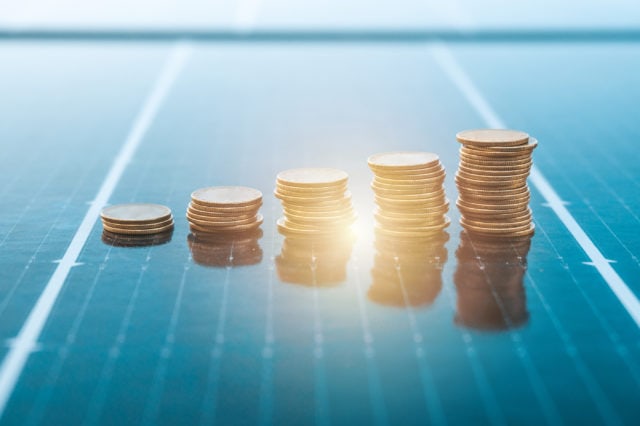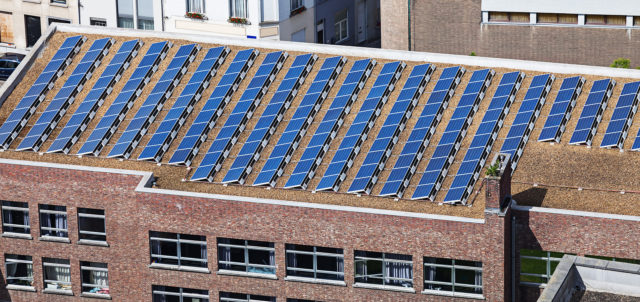Clean Energy Group Blog
What Nonprofits Need to Know about the Investment Tax Credit
The Inflation Reduction Act of 2022 updated and expanded the Investment Tax Credit for solar and battery storage resilient power projects. This blog outlines several important changes to the ITC that could impact nonprofits.
How to Make the Most of the Investment Tax Credit: Applying for Bonus Credits
The Investment Tax Credit and its Bonus Credits are a game changer for improving the economics of solar and solar+storage projects. This blog post explains the application process for the Low-Income Communities Bonus Credit Program, including how and when projects should apply.
The Inflation Reduction Act Offers Powerful Tools for Solving the Peaker Problem
The IRA provides the financial incentives and tools that level the playing field between legacy fossil-fuel peakers and alternatives that do not emit localized pollutants into the communities that surround them.
The Inflation Reduction Act is a Game Changer for Nonprofits Seeking Solar+Storage
The Investment Reduction Act will significantly influence nonprofits seeking to develop solar PV and solar+storage solutions in low-income communities by removing barriers to accessing significant federal tax incentives.
The Mass Solar Loan Program: Bringing Solar Ownership to Low-Income Homeowners
The Mass Solar Loan Program, launched by the Massachusetts Clean Energy Center and the Massachusetts Department of Energy Resources in 2015, combines strategic incentives and partnerships with local banks and credit unions to increase access to solar PV financing, while creating a robust solar lending market.
Financing Resilient Power: Expanding Solar+Storage Solutions to Communities on the Frontlines of the Climate Crisis
Recognizing the devastating impact of power outages on historically underserved communities, The Kresge Foundation and Clean Energy Group began a collaborative process to discuss the need for a comprehensive financing strategy to bring solar+storage systems to affordable housing and critical community facilities in low- and moderate-income neighborhoods.
Connecticut Green Bank and PosiGen “Solar for All” Partnership – Bringing the Benefits of Clean Energy to LMI Communities
Connecticut’s Solar for All program addresses many of the key barriers to going solar for low-and-moderate income communities and households, including access to financing, real and perceived credit-quality issues, inability to fully realize public incentives, education gaps, and contractors’ customer acquisition strategies.
California Utilities Propose Storage for Energy Resilience and Equity, But More Needs to be Done
Three of California’s largest utilities recently proposed more than 100 megawatts of utility-owned energy storage to support resiliency in critical public facilities and $6 million in incentives for customer-owned storage at multifamily affordable housing properties.
The Connecticut Green Bank: Innovation in Finance Sparks New Model for Public/Private Investment in Clean Energy
The Harvard Kennedy School’s Ash Center for Democratic Governance and Innovation announced in July that the Connecticut Green Bank had won this year’s Innovations in American Government Award.
Clean Energy Equity in 2017: How Foundations Can Advance Solar and Storage Technologies in Low-Income Communities
At the end of 2016, the clean energy trade press was filled with upbeat stories about various renewable energy technology breakthroughs, cost reductions, and tipping points. But, if there’s one energy problem we did not solve last year, it is equity.





